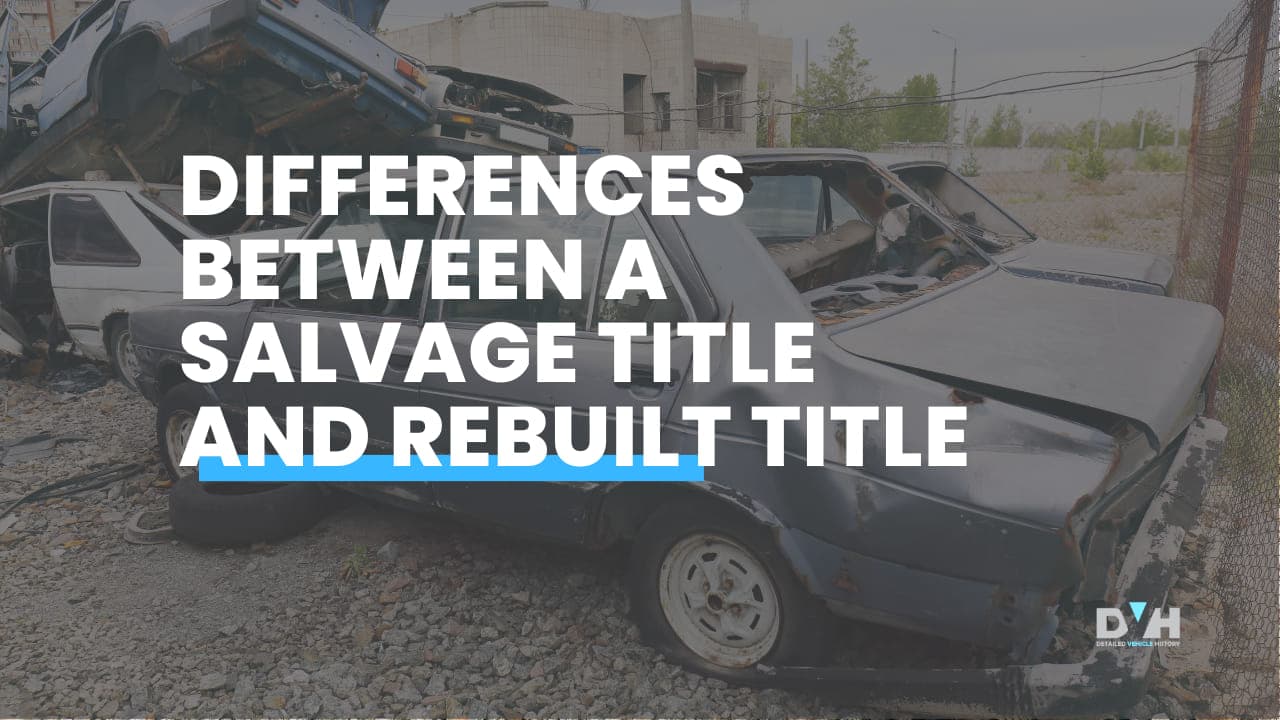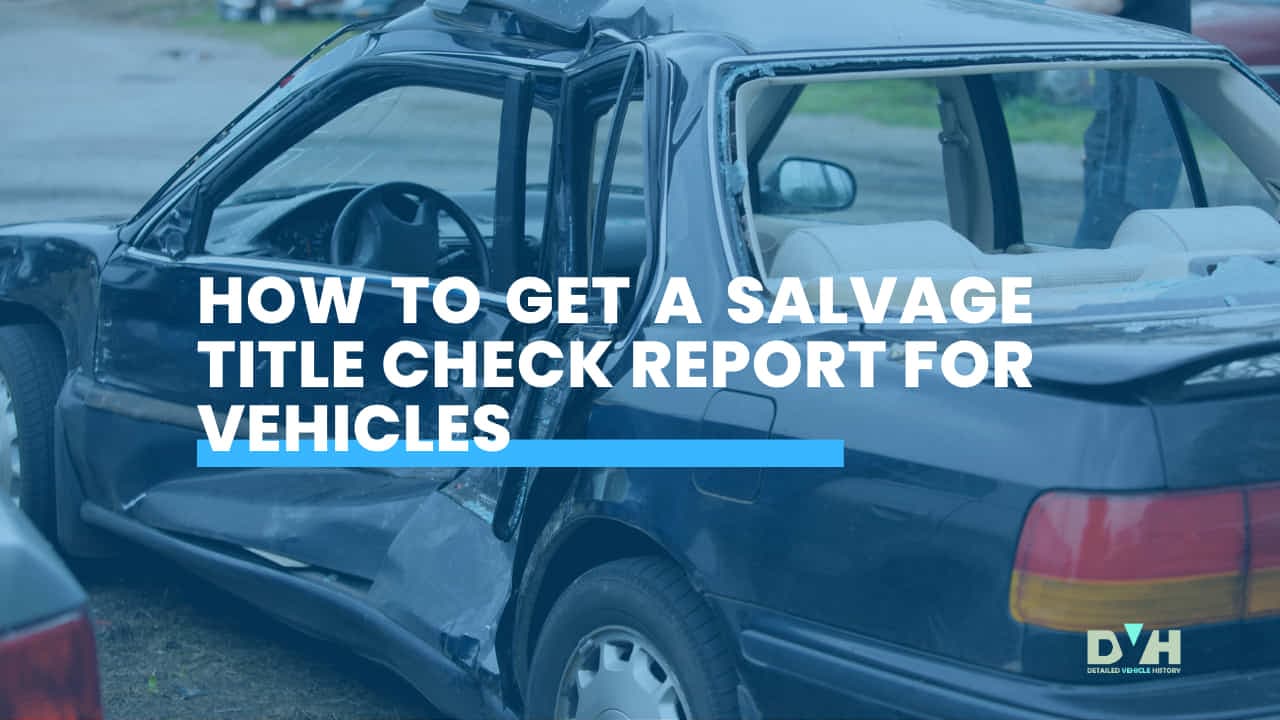Applying for a Rebuilt Title at the DMV Office
If you buy a salvage-titled car, applying for a rebuilt title is necessary after the necessary repairs are completed. Follow these steps:
Submit Application
Upon passing the inspection, complete an application for a rebuilt title with your state's DMV or Department of Motor Vehicles. Be aware that the process of applying may differ depending on the state; follow the guidelines provided in your state.
Required Documentation
Gather all documents that may be requested, such as proof of repair, receipts for the purchase of spare parts, car inspection reports, and any form that may be required by the state DMV.
This documentation will serve as evidence that you submitted for your application, alongside ensuring you that the said car has been repaired to satisfactory standards.
Fees and Processing Time
Find out about the costs of the application fees for a rebuilt title and also the time that it's expected to take depending on your state. In certain states, there may be extra charges for inspections or paperwork depending on the service the buyer is using. It may take a while longer before you receive your rebuilt title, so it's wise to plan for this.


